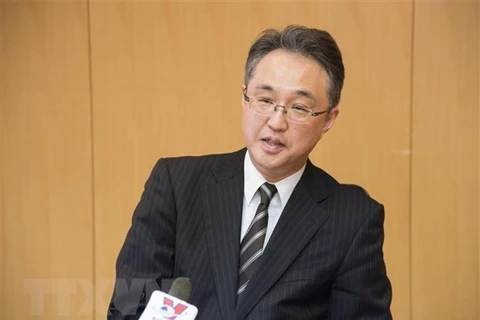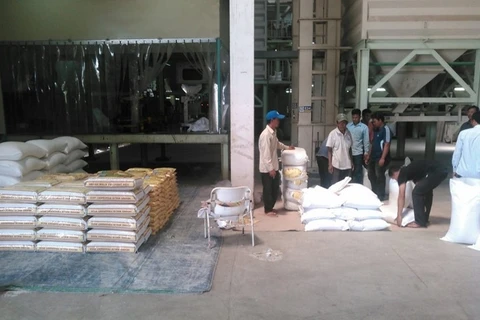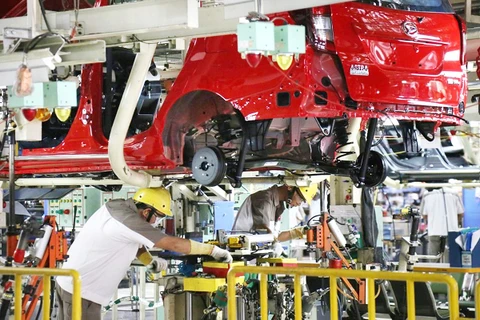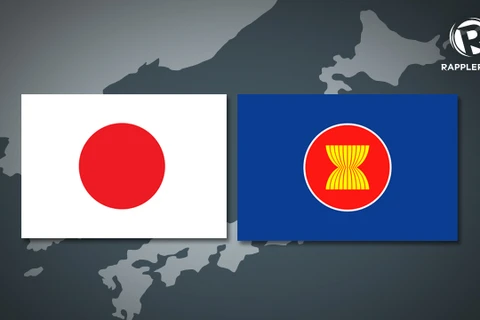Tokyo (VNA) – More and more Japanese firms are expanding business in Southeast Asia and scaling down operations in China due to its escalating tensions with the US, according to the Japan External Trade Organization (JETRO).
The organization’s new trade and investment report quoted its survey conducted late last year as saying that 41 percent of Japanese companies are considering expanding operations in Vietnam in the next three years or so, up 5.5 percentage points from a year earlier, and 36.3 percent of respondents had given a similar answer for Thailand, up 1.5 percentage points.
Meanwhile, 48.1 percent said they would boost business in China, down 7.3 percentage points.
According to the report, since 2018, an intensified confrontation between the US and China has pushed up Japanese companies' investment in the Association of Southeast Asian Nations (ASEAN).
The gap between the amount of Japanese investment into ASEAN and China increased to 20.4 billion JPY (191 million USD) in 2019 from 10.2 billion JPY in 2017.
The COVID-19 pandemic has significantly reduced Japanese investment in the Asian market, as well.
In the first five months of 2020, Japanese investment in ASEAN dropped by 35.5 percent./.
VNA
























